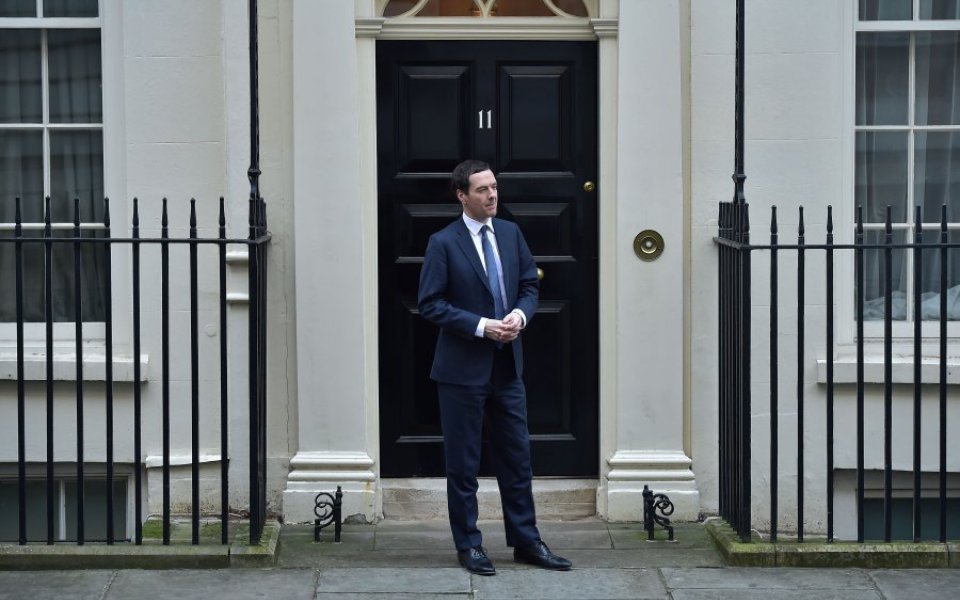UK public finances: Still no scope to loosen the fiscal stance in the Budget next month as January public sector net borrowing shows record surplus but falls short of expectations

The UK recorded the largest public finances surplus for any January since 2008, but came in below expectations, indicating no scope to loosen the country's fiscal stance in the Budget next month.
In January public sector net borrowing showed a surplus of £11.2bn, data from the Office for National Statistics showed, but was short of annual expectations, and leaves Osborne short of his projections.
"While the January public finances saw year-on-year improvement to record the best performance for the month since 2008, the odds still look stacked against Chancellor George Osborne meeting his fiscal targets for 2015/16 that were contained in November’s Autumn Statement," said Howard Archer, chief UK and European economist at IHS Global Insight.
Osborne, who will announce his Budget on 16 March, said: "There’s no shortcut to fixing public finances and today’s figures show while deficit is falling, there’s more to do."
January is normally a surplus month due to self-assessment tax return receipts, which this year benefited from improved tax receipts.
Read more: UK public borrowing figures for Osborne is unlikely to meet his fiscal target
But Helal Miah, investment research analyst at The Share Centre warned that although in January public sector net borrowing data showed that "there was a surplus of £11.8bn, but this was a little short of expectations and leaves the chancellor short on his forecasts".
Miah added: "As a result we have seen sterling fall off compared to some of its major currency peers. However, the market will be aware that sterling could also be moving at this very moment due to David Cameron’s ongoing negotiations in Brussels for a better deal for the UK.”
Deficit reduction has been at the heart of the government's economic policy, and government borrowing for the current tax year stands at £66.5bn. That's £10.6bn lower than at the same point a year ago. The Office of Budget Responsibility has forecast that the government will borrow £73.5bn for the financial year to march.
"This still leaves the Chancellor with some work to do over the next few months if he still wants to meet this forecast," said Paul Hollingsworth of Capital Economics. "After all, he is left with around £7bn left to borrow in February and March – last year he borrowed almost £15bn."
Read more: UK retail sales jump in January
Meanwhile, Maike Currie, investment director at Fiedlity International, said that the figures are likely to have a significant impact on the Budget, "not least given chancellor George Osborne’s announcement in the Autumn Statement back in November that public finances over the next five years were looking £27bn stronger, thanks to a combination of better tax receipts and lower interest payments on debt."
"But since then the world has changed dramatically with concerns over China and global growth leading to tumbling stock markets and the governments’ postponement of the sale of Lloyds Banking Group."
"The chancellor may have painted himself into a dangerous corner with his deficit elimination promise, after all total debt matters far less than debt affordability and currently record low interest rates means that we have never seen Britain’s debt as cheap," Maike added.